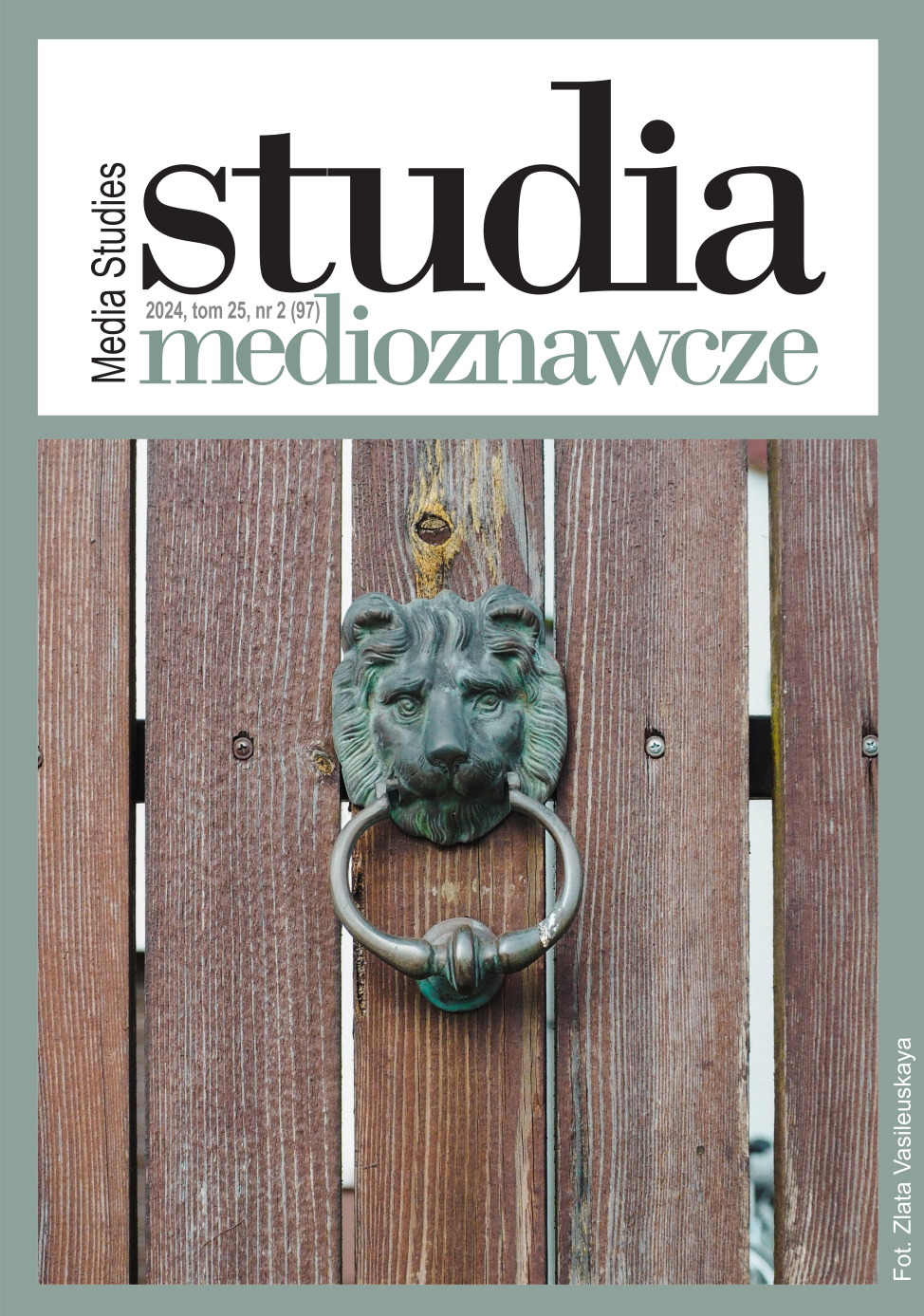Evaluation of Scientific Outputs with a Focus on Mass Communication – A Case Study from Slovakia Extended Book Review/Discussion Paper
Evaluation of Scientific Outputs with a Focus on Mass Communication – A Case Study from Slovakia Extended Book Review/Discussion Paper
Author(s): Andrej ŠkolkaySubject(s): Media studies, Ethics / Practical Philosophy, Sociology, Book-Review
Published by: Wydawnictwo Wydziału Dziennikarstwa, Informacji i Bibliologii Uniwersytetu Warszawskiego
Keywords: communication; ethics; research; neoliberalism; output assessment;
Summary/Abstract: The analytical-polemical extended book review loosely follows the earlier polemic initiated in the Czech journal Filosofi ckýčasopis and complements the descriptive contribution published in the Slovak journal Otázky žurnalistiky. In this way the issue of evaluating scientifi c outputs is being transferred in the form of a pars pro toto analysis to the fi eld of journalism and mass media research, or mass communication. The main issues of the original discussion, which is relevant globally, particularly in Central and Eastern Europe, were: who is responsible for (in many cases) the problematic current state of sciences, in particular, social sciences, and how should we evaluate (and categorise) the outputs of scientists. This contribution argues that the root of the problem is not neo-liberalism (or, for that matter, its twin – capitalism), but the often dysfunctional and, in many cases, largely formal system of (self-)evaluation of scientifi c outputs. Therefore, the solution lies in carrying out any chosen method of evaluating scientifi c outputs in a meaningful way. This also means application of a combination of assessment of academic outputs (i.e. use at least two of many appropriate assessment approaches simultaneously). Using the example of output from the fi eld of mass media or mass communication, it is shown that only quantitative reporting of academic outputs (‘metrics’) is not suffi cient. Moreover, only in the qualitative evaluation there is present the criterion of the usefulness of scientifi c outputs for society that should be taken into account. At the same time, in this way the statistical method of reporting scientifi c activity retrospectively is verifi ed. In the end, this combined approach will also answer whether it makes sense for the society to fi nance any research or publication activity down to the level of a particular researcher. In this context, the contribution points to the problematic scientifi c and pedagogical value, and generally low social value, of a specifi coutput in the fi eld of the philosophy of communication, claimed to be a ‘scientifi c monograph’ originally intended as a theoretical guide for scientifi c research in the given area.
Journal: Studia Medioznawcze
- Issue Year: 25/2024
- Issue No: 2
- Page Range: 91-101
- Page Count: 11
- Language: English

